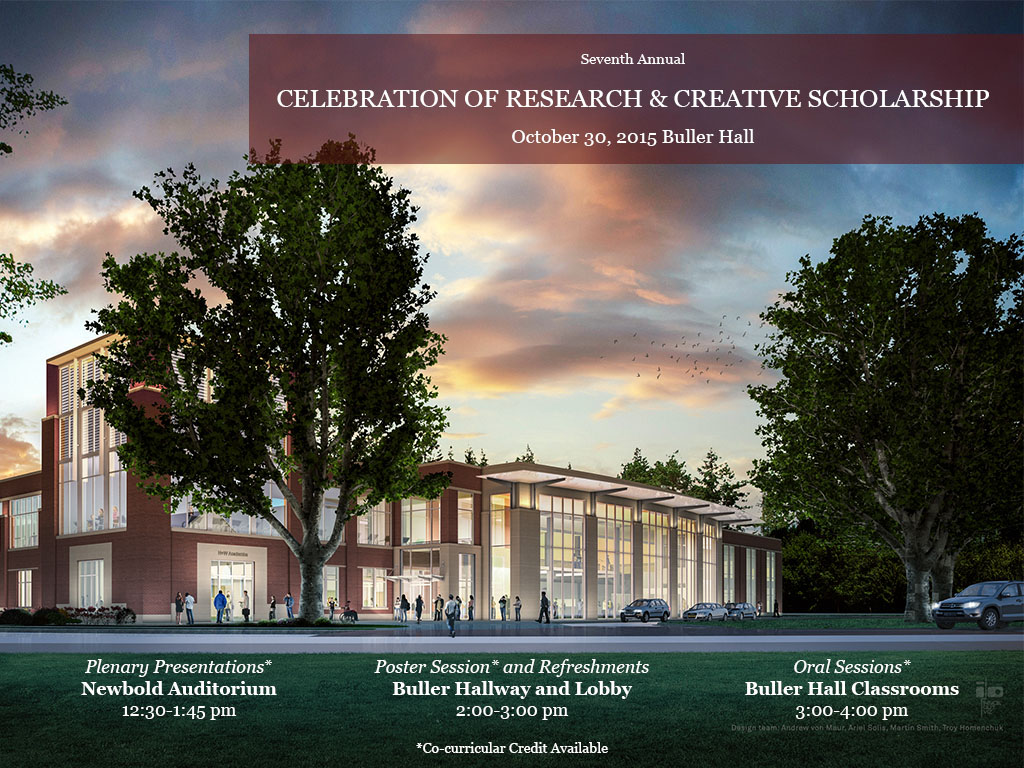P-35 Mobile application for colorimetric analysis of paper biosensors
Presenter Status
Assistant Professor, Department of Engineering and Computer Science
Second Presenter Status
Student, Department of Engineering and Computer Science
Third Presenter Status
Professor, Department of Engineering and Computer Science
Preferred Session
Poster Session
Start Date
30-10-2015 2:00 PM
End Date
30-10-2015 3:00 PM
Presentation Abstract
Paper biosensors are a low cost, low tech diagnostic tool. A limitation of biosensors is that the sensor reaction color needs to be interpreted by a trained expert. To make the interpretation biosensors more accessible to untrained individuals, we are developing a mobile app to perform the color analysis using the on-device camera.
Photographing and analyzing the biosensor poses challenges. The app may be used in a variety of light scenarios (e.g. inside vs. outside, sunny vs. cloudy, fluorescent lighting vs. incandescent). Different lighting conditions affect the white balance of the image and complicate the sensor analysis. We propose the use of machine learning to train the app to correctly identify positive and negative readings under a variety of lighting conditions.
This is a joint project with Dr. Kwon who is developing the paper biosensors.
P-35 Mobile application for colorimetric analysis of paper biosensors
Paper biosensors are a low cost, low tech diagnostic tool. A limitation of biosensors is that the sensor reaction color needs to be interpreted by a trained expert. To make the interpretation biosensors more accessible to untrained individuals, we are developing a mobile app to perform the color analysis using the on-device camera.
Photographing and analyzing the biosensor poses challenges. The app may be used in a variety of light scenarios (e.g. inside vs. outside, sunny vs. cloudy, fluorescent lighting vs. incandescent). Different lighting conditions affect the white balance of the image and complicate the sensor analysis. We propose the use of machine learning to train the app to correctly identify positive and negative readings under a variety of lighting conditions.
This is a joint project with Dr. Kwon who is developing the paper biosensors.




Acknowledgments
This project was funded by a joint 2015-2016 Faculty Research Grant (Kwon and Summerscales) from Andrews University.